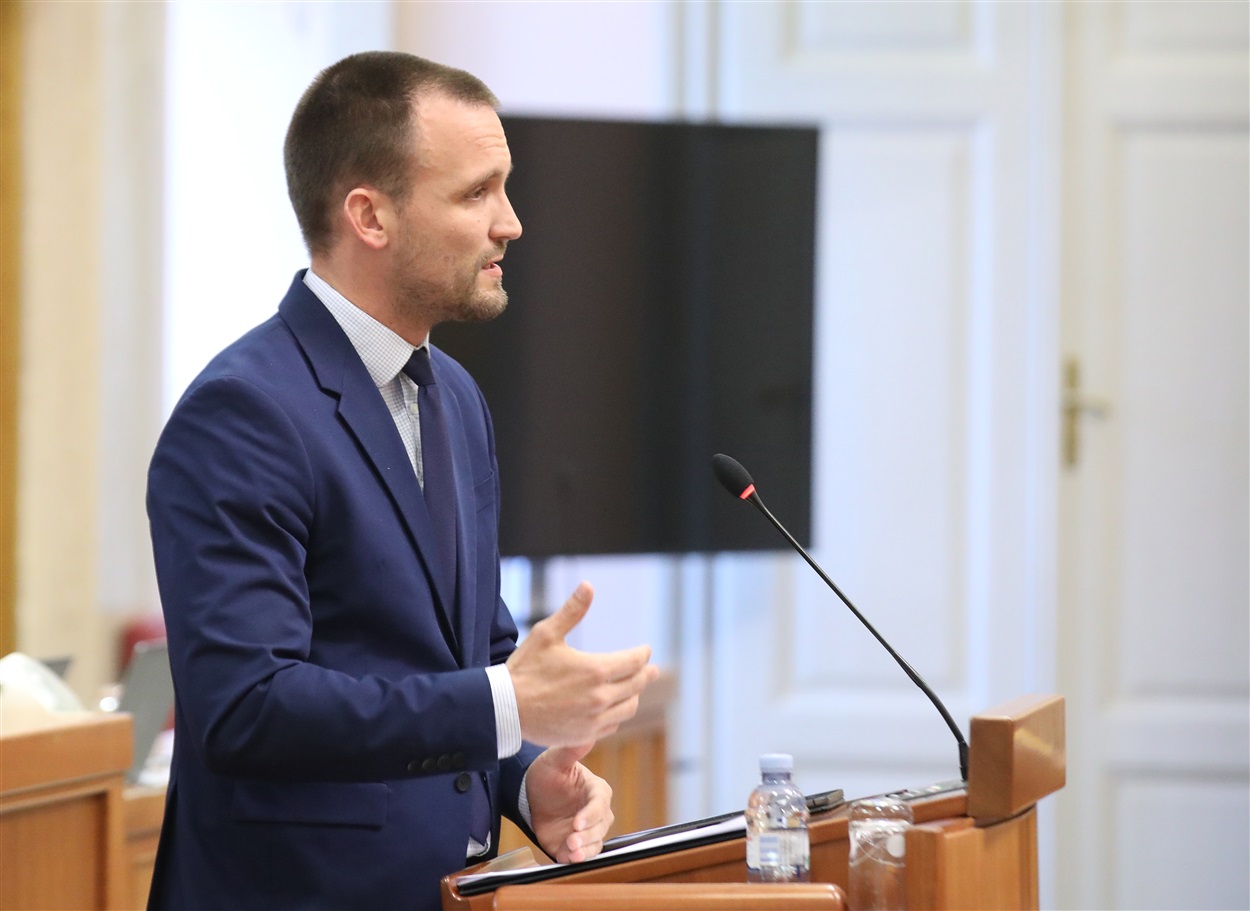
Zagreb - The Croatian Parliament on Thursday discussed the report on the use of European structural and investment funds in 2021 and the first half of 2022.
Presenting the report, the Minister of Regional Development and EU Funds, Šime Erlić, said that the absorption of EU funds was proceeding well and that he was confident that Croatia would manage to spend its entire allocation from the Solidarity Fund by the end of the year.
The opposition questioned the effects of the funds absorbed.
"It's good that the rate of absorption has increased, but the report does not show any effects of it, for instance on competitiveness and development or rural areas," Vesna Vučemilović (Croatian Sovereignists) said.
"The result is a parade of ministers, investigations by European prosecutors against two cabinet ministers, scams, fraud, crime all over the place," she added.
Anka Mrak Taritaš (Civic Liberal Alliance, GLAS) said that progress can be seen, but not in three areas. She noted that only 10% of the allocation has been used for renewable energy sources, only 33% for an efficient public administration, and only 25% for railway reconstruction.
Miro Bulj (Bridge) also questioned the effects of EU funds, citing self-sufficiency and the state of agriculture. "We import over HRK 5 billion (€664m) worth of pork. There is talk of huge investment in Slavonia, but the region is depopulated, barns are empty, fields lying uncultivated."
Marko Pavić of the ruling HDZ disagreed, saying that Croatia has considerably improved the use of EU funding, moving up from 21st place to 13th in terms of disbursements.
"EU funds are obviously changing Croatia, as shown by Pelješac Bridge. We have built schools, hospitals and airports, and have secured funds for employment of elderly women," Pavić said.
Bulj responded by saying that Croatian citizens and the government contribute huge amounts of money into EU funds and are not getting anything for free.
"If we look at the ratio of contributions to disbursements, Croatia is in the black," Pavić said and Minister Erlić concurred.
"After ten years of using EU funds, Croatia is €10.05 billion in the black, or in other words we have received more than we have paid into the EU budget," Erlić said, adding that last year 73% of the allocation was paid out.
Relevant reports show that the absorption rate of EU funds is increasing by between 10% and 15% annually, the minister said.